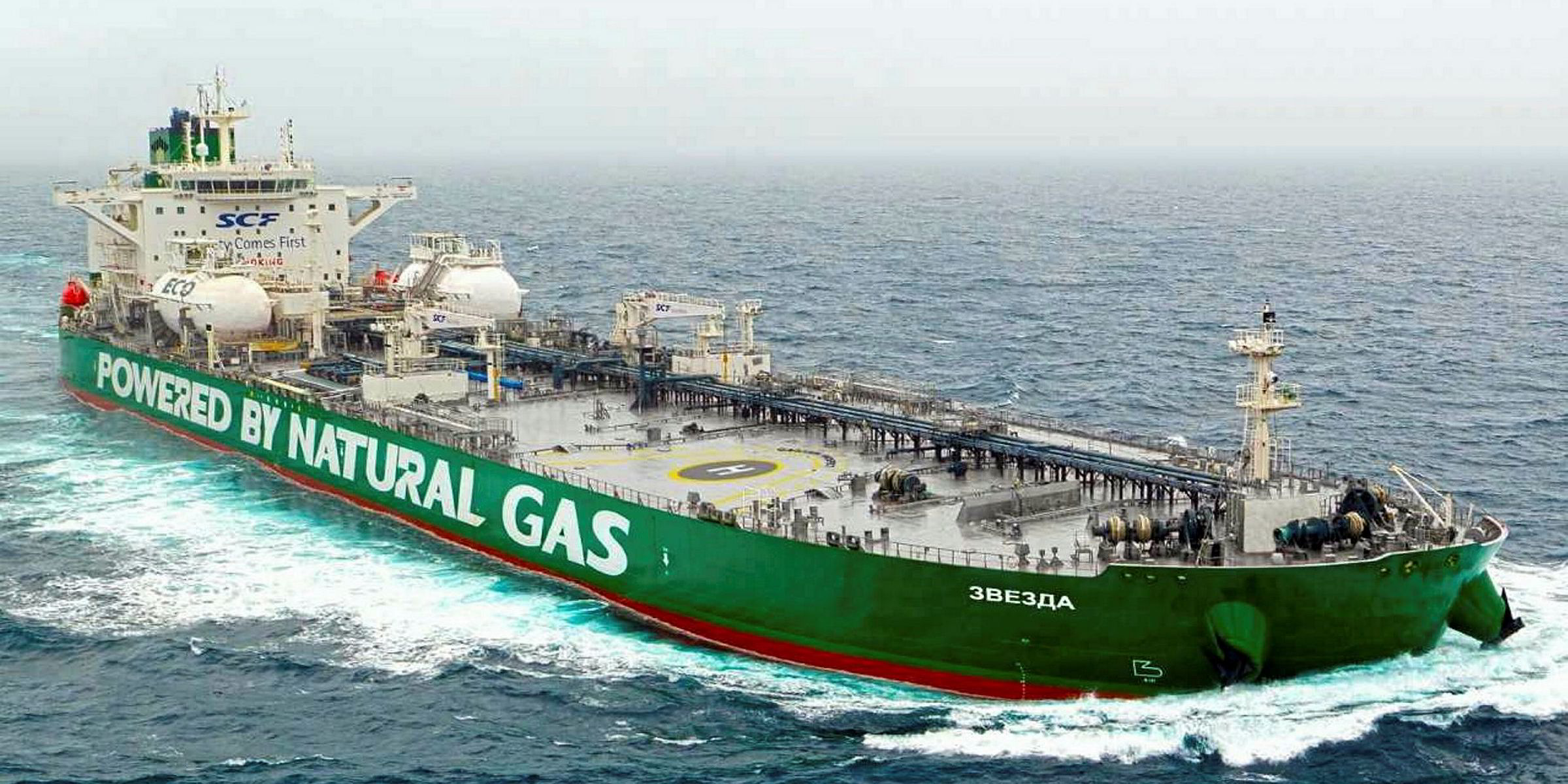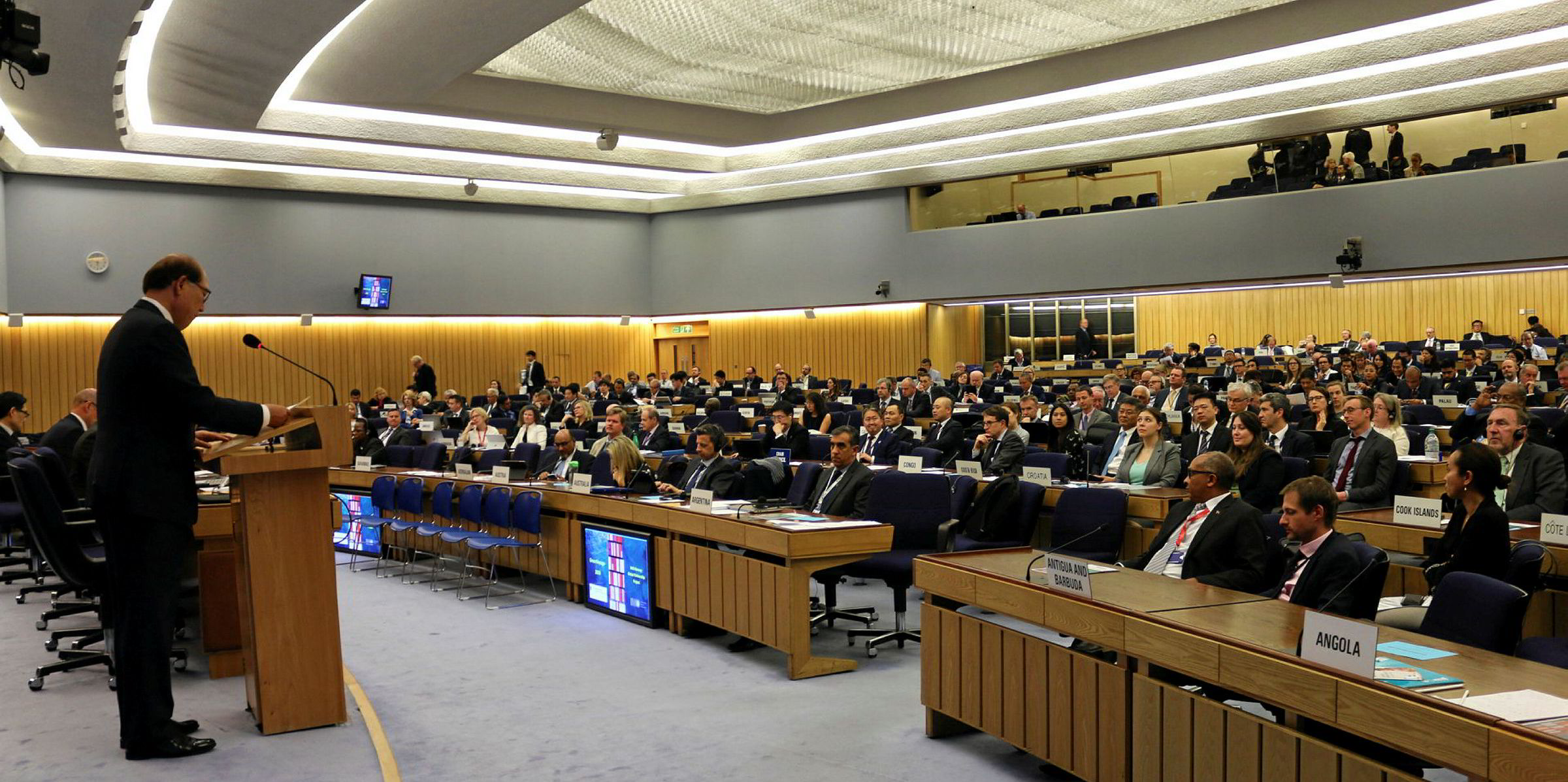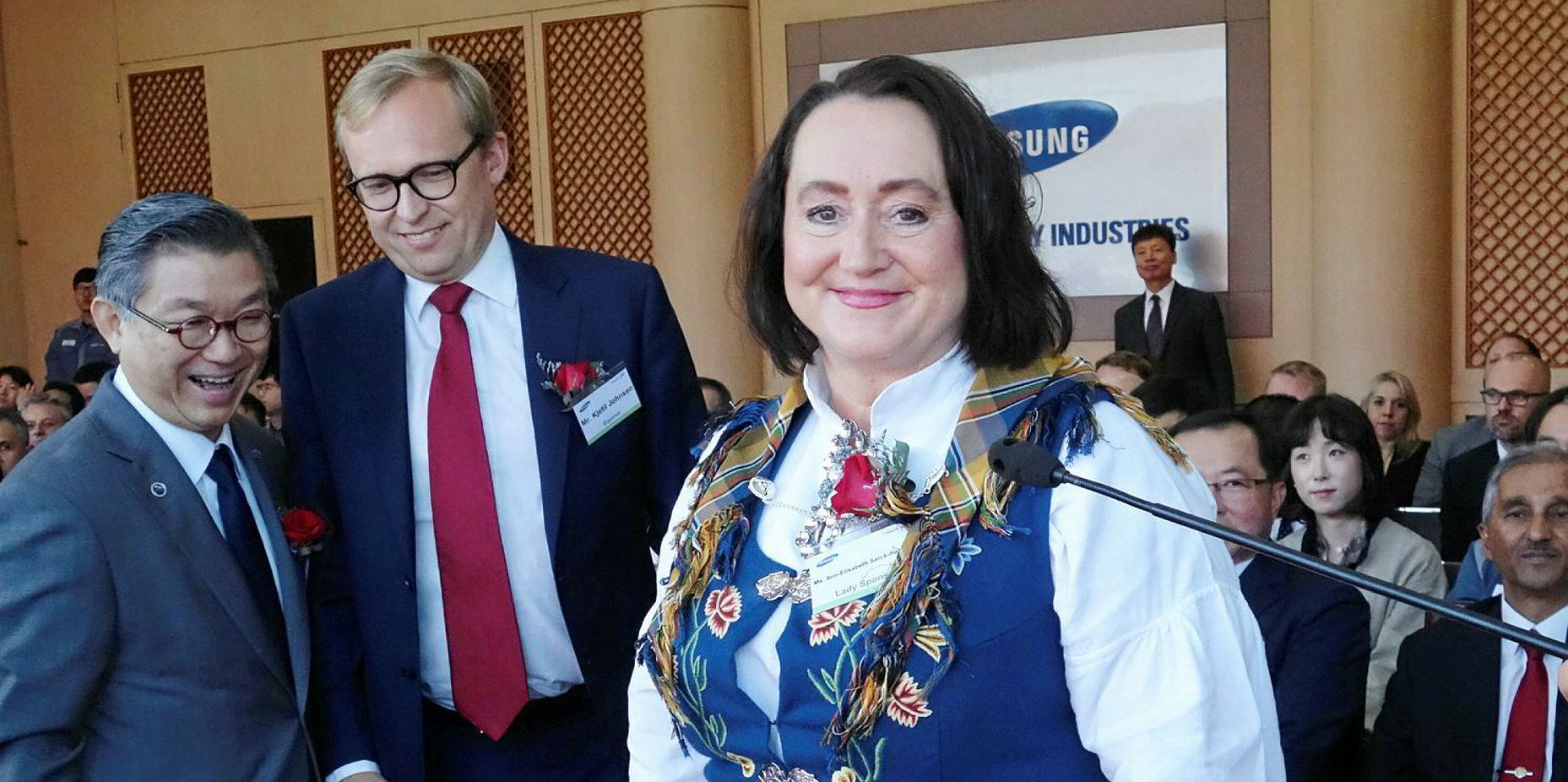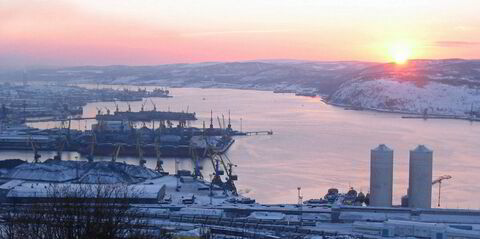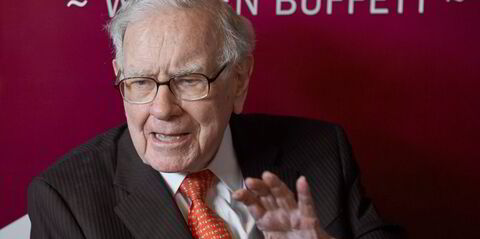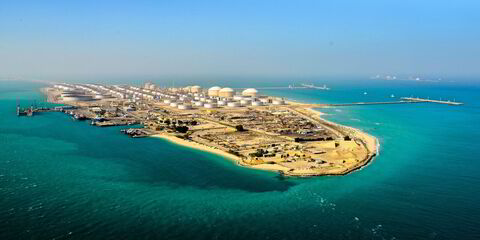Tanker players are more likely to favour LNG as an IMO 2020 solution than those with exposure to the container and dry bulk shipping sectors, according to a TradeWinds Knowledge survey.
Of the respondents who identify themselves as tanker market participants, 33.7% prefer LNG as marine fuel to meet the IMO’s new bunker regulations that will be effective from January.
In comparison, 16.7% in the container sector and 16.8% in dry bulk have the same preference.
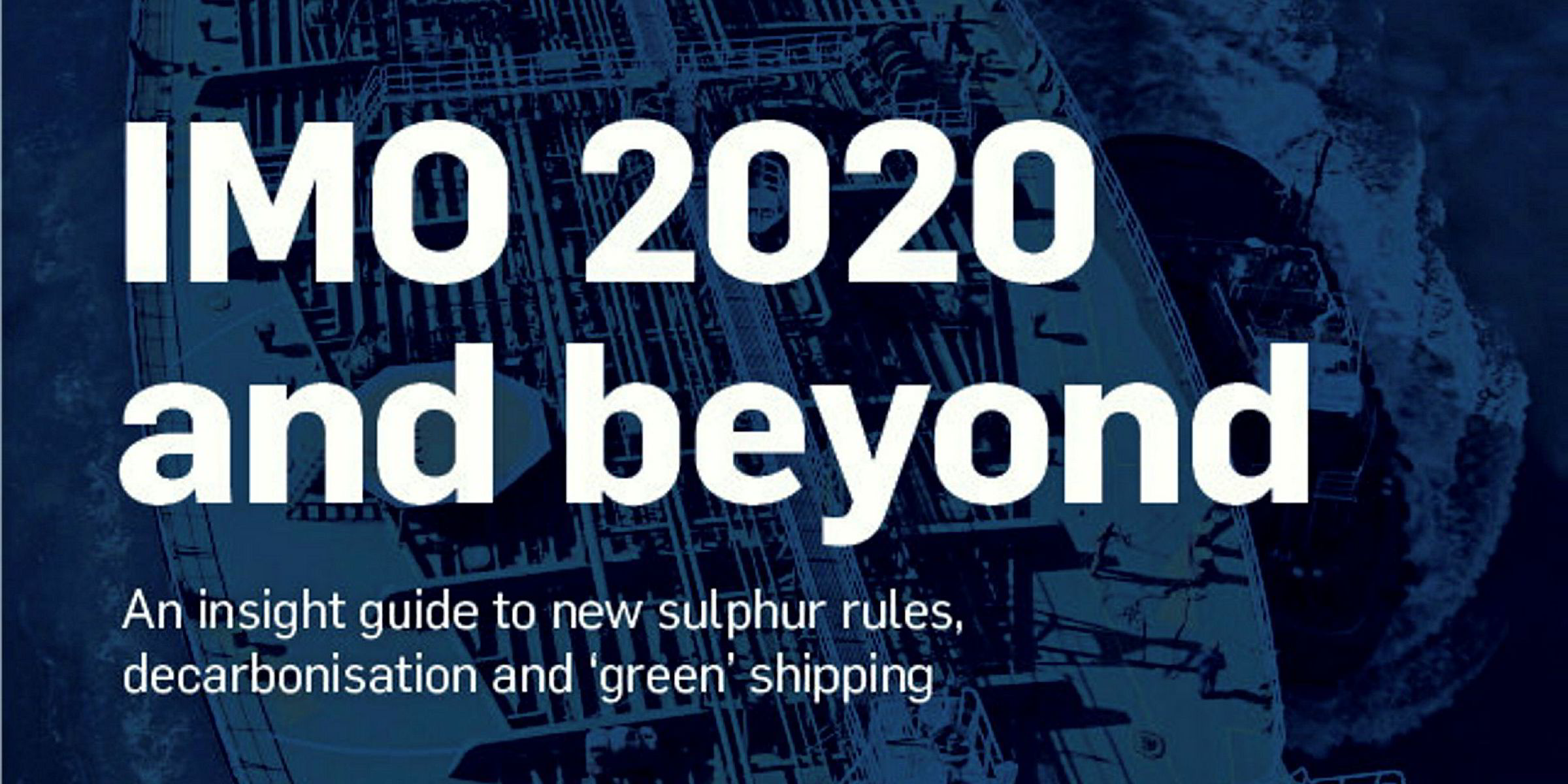
Check out TradeWinds Knowledge http://bit.ly/35g4KZ1, our new research project on IMO 2020 and decarbonisation
The results, which do not take into account those with exposure to multiple sectors, comes as a surprise as the uptake of LNG-powered vessels has been stronger for container firms than tanker players.
Based on DNV GL’s data, most of the LNG-fuelled ships currently in operation are small ferries, boxships, car carriers and service vessels in European shortsea or inland trades.
“The penetration of LNG bunkering in deepsea trades is curbed by infrastructure development,” according to the TradeWinds Knowledge report on IMO 2020 and beyond, which published the full survey results.
“Bunkering facilities can be hard to access [for tanker trade] due to diverse routes.”
However, several pioneers in the tanker sector have shown strong interest in LNG propulsion. AET and Sovcomflot have started to operate dual-fuelled aframax tonnage, while Teekay Offshore Partners has four LNG-fuelled shuttle tankers on its orderbook.
According to TradeWinds Knowledge, Sovcomflot has found the economics of its ships “seem to work” in the 0.1%-sulphur emission control areas.
Among all IMO 2020 options, marine gasoil and low-sulphur fuel oil are the most popular, backed by 47% to 69% of the respondents in the three sectors.
Scrubbers are favoured by 25% of the container players, 23.3% of the tanker players and 16.8% in the bulker sector.
As for alternative fuels like hydrogen and ammonia, 20.8% in the container sector see those low-carbon solutions favourably compared with 14% in the tanker sector and 11.6% of the bulker players.
The survey, which received hundreds of responses from shipowners, charterers, brokers and other segments, asked the respondents to choose at least one preferred option for IMO 2020.
Box players most confident
Of container players, 70.8% feel the industry is at least adequately prepared for the regulatory challenge, 16.7% feel little prepared and 8.3% unprepared.
In contrast, 50.5% of the dry bulk players feel the industry is at least adequately prepared, while 51.6% feel it is either little prepared or unprepared.
In the tanker sector, 31.4% say the industry is adequately prepared, 17.4% mostly prepared and 3.5% very well prepared. 47.7% think it’s either little prepared or unprepared.
However, 83.7 of the tanker players feel at least adequately prepared for IMO 2020 themselves, compared with 10.5% think they are either little prepared or unprepared.
